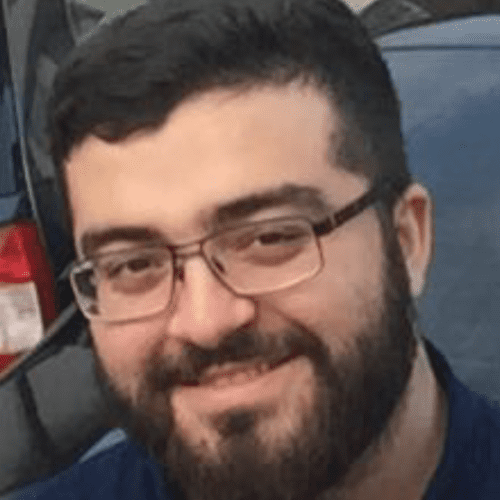The past week in Iraq has been marred by the spat between the government in Baghdad and its counterpart in Ankara. With Prime Minister Haider Al-Abadi insisting that Turkey should withdraw its troops from Iraq and for them to play no part in the battle for Mosul, he even went as far as to accuse — rather ridiculously — President Recep Tayyip Erdogan of Turkey of meddling in Iraq’s internal affairs. He seems to have forgotten the fact that the Turkish troops are there at the request of the Baghdad government to train the ill-equipped and incompetent Iraqi Army.
Coalition forces have been carrying out air strikes on Mosul and using heavy artillery in the hope of weakening Daesh and paving the way for the entry of ground forces. Innocent lives have been lost in the bombing; only last week a close friend lost his aunt, uncle and cousins to an air strike that targeted their car. Dozens have been killed and many more have been wounded. With the prying eyes and ears of Daesh all over the city, the civilians trapped therein are afraid to speak out. Rare phone calls with my family members in Mosul are limited to exchanging pleasantries and them informing us not to worry as they are in good health. But for how long?
At the weekend, Al-Abadi announced that “Zero Hour” had arrived and that the battle to liberate Mosul from the clutches of Daesh had begun. He has opened a Pandora’s Box. I cannot forget the havoc caused and innocent lives lost when the Iraqi army, accompanied by Shia Militias, “liberated” Tikrit, Fallujah, Ramadi, Diyala and countless other villages and areas around Iraq. These “liberators” turned quickly to oppressors and became the mirror image of the Daesh fighters that they claimed to be targeting. Murder and looting ensued, with homes burnt down and their contents stolen and sold for profit. Militias would occupy whole streets and auction them off to the highest bidder, who would then drive from house to house pillaging and stealing what was inside. Battlefield executions were the norm; anyone who opposed them or objected to their actions was deemed to be “Daesh” and executed on the spot. Now, Al-Abadi has insisted that those who will fight to regain Mosul will be primarily from the Iraqi army and Kurdish Peshmerga forces. The militias, however, seem to be singing along to a different tune and see this as an opportunity to become heroes and to take the fight to Daesh in their home town; they insist that they will join the battle.
The battles of Tikrit, Fallujah and Ramadi were, by Al-Abadi’s own admission, meant to take no more than a few days each. However, they dragged on for months, leading to many innocent casualties and forcing thousands of civilians to be forced from their homes and displaced in their own country. Mosul is much larger than any of those places, the people are different and Daesh has been able to fortify its positions around the city. This has the potential to lead to months of fighting and bloodshed, with too many civilians paying the ultimate price.
The international community and the United Nations — the flag bearers of democracy and human rights — seem not to learn from their mistakes. Having turned a blind eye to the atrocities carried out in Tikrit and Fallujah, we again face the prospect of a once great city being destroyed and its proud people murdered because those whose responsibility it is to represent and protect them seem to live in an alternate reality. We risk turning Mosul into another Aleppo, bombed and destroyed, and its people forced out of their homes.
Officials must act now; the UN, the G8 and all those countries who have stood by for 13 years as Iraq burned must finally step up for the voiceless souls and forgotten victims. We, as members of the public and citizens of our respective countries, must also act and lobby our politicians, local MPs and NGOs to turn their eyes towards Iraq and ensure that the crimes which have been committed, and undoubtedly the ones about to be committed in Mosul, do not go unpunished.
Where is Mosul?
Mosul is the second biggest city in Iraq. It is located in the north of the country.
What is happening there?
Since June 2014 it has been under the control of Daesh.
What’s happening now?
Iraqi and Kurdish forces, backed by an international coalition which is led by the US, are battling to recapture the city from Daesh.
The views expressed in this article belong to the author and do not necessarily reflect the editorial policy of Middle East Monitor.











